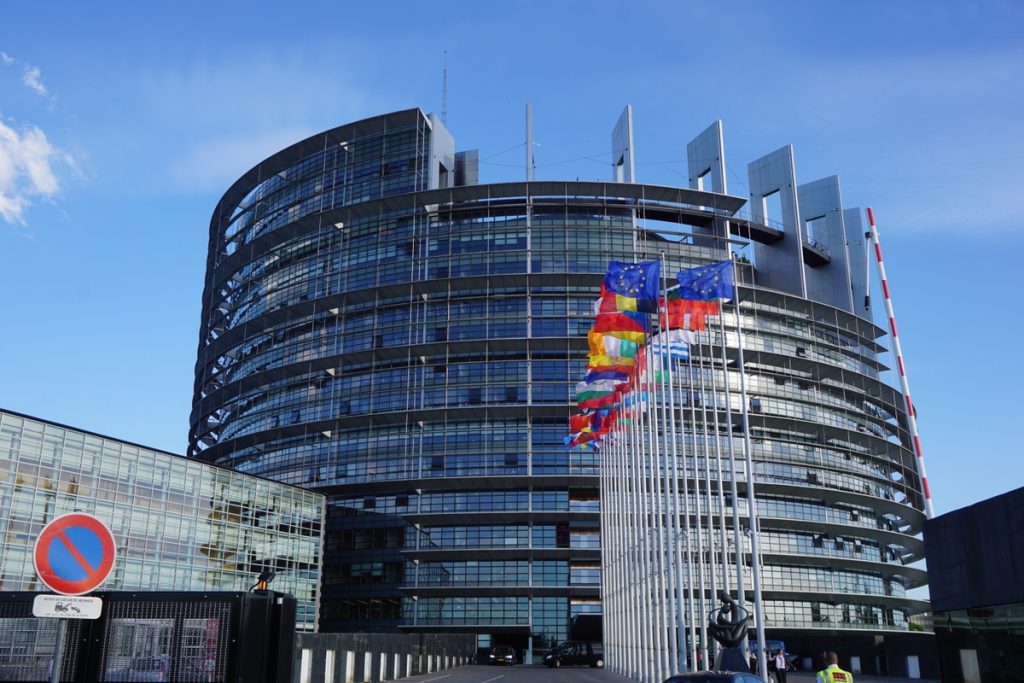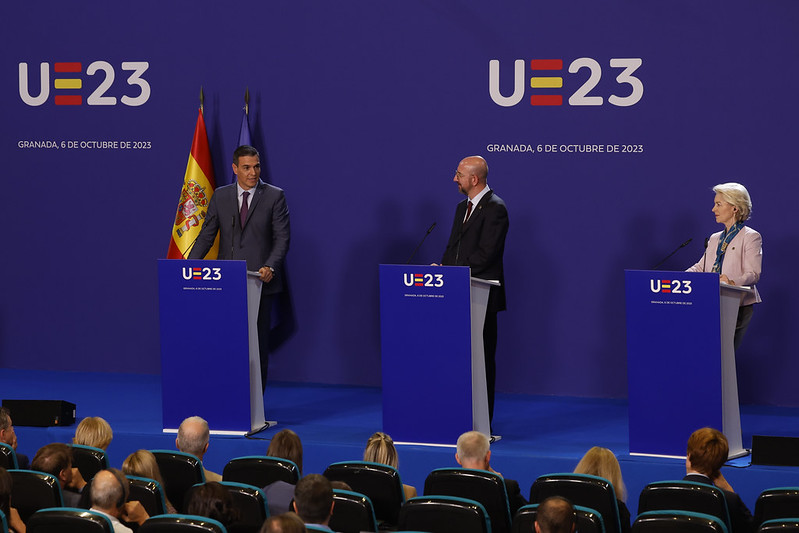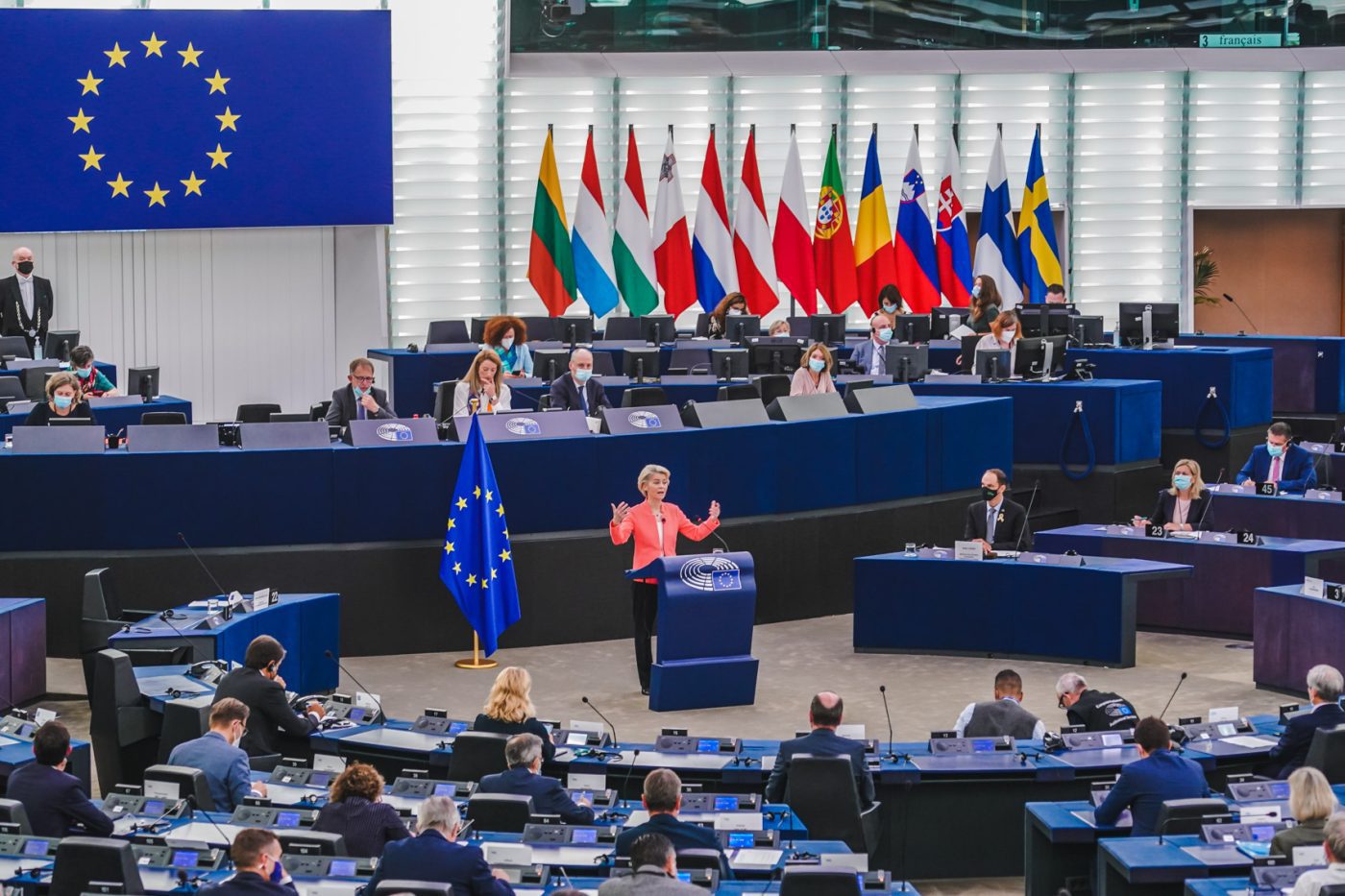During this year’s State of the Union address—which took place on September 13, 2023—the President of the Commission, Ursula von der Leyen, decided to respond to the call of history. She concluded her hour-long speech by highlighting the need, capacity, and ability of the EU to prepare for the admission of new member states.
What started as an agreement between six countries that conceded their power to run and manage their coal and steel industries under common management, is now an economic and political union that brings together 27 sovereign states. And it says it is eager and ready to admit new members. Is it though?
Since the “Big Bang” enlargement of 2004—when ten countries were granted the status of members—the process of EU expansion has been stagnant. Despite several states being kept in the “waiting room” to join the union for many years—with Türkiye holding its seat there for almost 25 years—the organisation has not seemed very keen on further enlargement. At least not until Russia invaded Ukraine in February 2022.
The union realised that merely saying that its door is open for the countries that fulfil the Copenhagen criteria is not enough. While it is essential that the candidates prove that they have a functioning market economy, stable institutions to guarantee democracy, respect for the rule of law, human rights, and protection of minorities, the Union should also strive to make the accession process more feasible.
So, how to revive what has once been called the Union’s most successful policy?
Nothing will happen overnight. EU’s membership is based on merit, and as President von der Leyen underlined in her speech, “the Commission will always defend this principle”. Before any of the candidate or potential candidate countries could be admitted, they would need to undergo a long list of reforms to comply with the union’s requirements. What is more, at the end of their journey their fate rests in the hands of current member states that have to unanimously express their approval.


Efforts to revive this policy have already begun. As a response to a growing enthusiasm for EU enlargement, France and Germany joined forces and commissioned a report intended to update the organisation’s legal framework and get ready to lead a bigger-than-ever union of 30+ countries.
A group of twelve experts behind the report explored several options for managing a bigger EU. Among their propositions, there is an increase to the budget, a suggestion to tie EU financial benefits for member states to conditions of rule of law, and a switch in the European Council to majority voting rather than unanimity.
The report also considers the fact that European integration could comprise different options for membership. The experts propose four distinct tiers.
| The Four Tiers 1. The inner circle that would be focused on deepening cooperation in matters such as defence, climate, taxation, etc. This mode of cooperation would be exercised between the countries that are already members of the Eurozone and Schengen Area. 2. The EU as we know it now, with the competencies that it possesses today, would be open to all current and future member states. 3. Associate members tier that would require the members to comply with the union’s core common principles and values, and would principally include participation in the single market. 4. The EPC (European Political Community) would be based on geopolitical convergence and political collaboration in areas of shared interest and relevance, such as security, energy, the environmental and climate policy. |


The development of France and Germany’s integration ideas is yet to be seen. However, on the EU level—during the Granada Summit at the beginning of October 2023—the European Council President, Charles Michel, reaffirmed the 2030 deadline for the union’s enlargement. He stressed that the establishment of the deadline was going to give momentum to all of the involved parties to ensure that “accession will not be delayed indefinitely”, and make the vision of the Union of 30+ countries more realistic.
Michel also highlighted that the project is ambitious, yet necessary at the same time. It will not only strengthen the position of the Union on the international scene but also provide it with a transformative internal boost to reassess and reform its modus operandi. Both Michel and von der Leyen agreed that for the union of 30+ member states to function swiftly, alterations in the EU treaties might be necessary. The union would have to dive deep into introspection and consider possible institutional changes. They would include, for example, figuring out the future of budget management, rethinking its voting models, as well as refocusing on its defence and security system. And it would have to do all that while gradually integrating the candidate countries into the single market as well as cooperating with them on the EU policies on energy, security, and defence matters.
Although there are plenty of sceptical voices in the public sphere saying that the union is far from being ready to admit new member states, the leading figures of the organisation seem to be highly motivated to face the enlargement challenges.
“In a world where some are trying to pick off countries one by one, we cannot afford to leave our fellow Europeans behind,” said the President of the European Commission in September 2023. The road towards including the Western Balkan nations, Ukraine, Moldova, Türkiye, and possibly Georgia in Europe’s unique integration process has already begun. How it will end remains to be seen.
By Iza Drogoś
October 31, 2023








